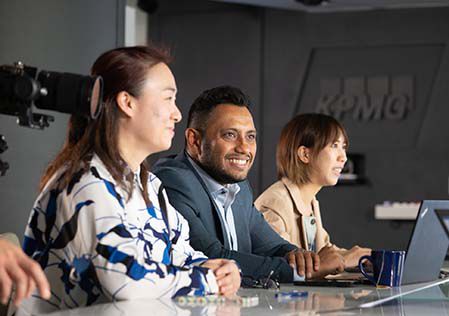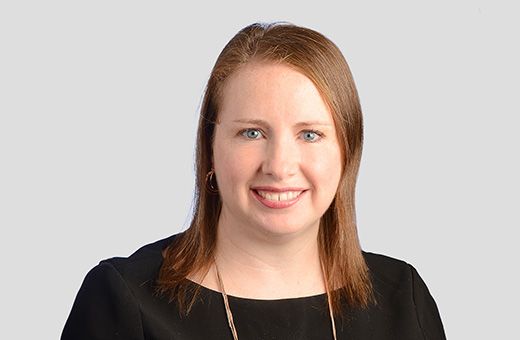Artificial intelligence (AI) is transforming nearly every field of human endeavor and becoming increasingly embedded in all aspects of everyday life for both businesses and individuals alike. As KPMG works to fully harness the power of AI and accelerate adoption, we recognize that advanced technologies can introduce complexity and risks that need to be addressed clearly and responsibly.
We are excited about the opportunities that AI presents but remain equally committed to upholding the ethical standards for AI solutions that align with our Values and professional standards, and that foster the trust of KPMG clients, people, communities and regulators.
KPMG Trusted AI is our strategic approach and framework to designing, building, deploying and using AI solutions in a responsible and ethical way to ensure we can accelerate value with confidence. Learn more about our 24 hours of AI training event that was available to all KPMG colleagues across the organization.













